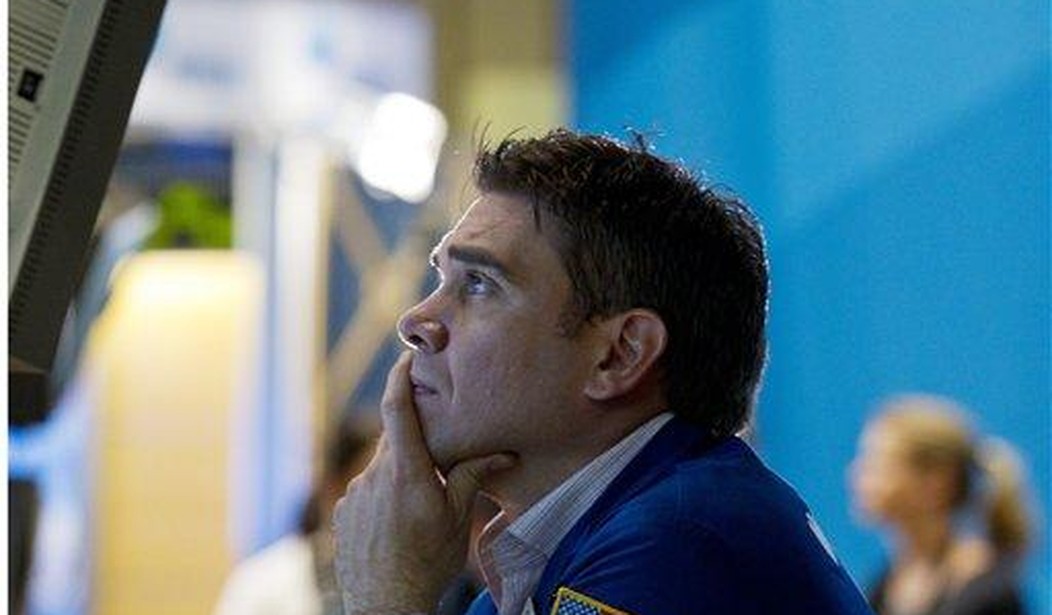The latest inflation data released by the government show that the Federal Reserve's aggressive interest rate hikes are starting to take a toll, with the Produce Price Index for December 2022 showing a month-over-month decrease.
Headline inflation for producers dipped 0.5 percent from November to December, but still showed an annual advance of 6.2 percent in 2022 after jumping 10.0 percent in 2021.
PPI for final demand declines 0.5% in December; goods fall 1.6%, services increase 0.1% https://t.co/dyytPa3BcK #PPI #BLSdata
— BLS-Labor Statistics (@BLS_gov) January 18, 2023
To be clear, inflation is not "over" or nonexistent as President Joe Biden and his administration have argued before. But the monthly decrease in costs for producers upstream from their consumers matches the profit decreases for some producers that have led to another sign of economic slowdown: layoffs.
The Fed's interest rate hikes that have brought the levels to their highest since the 2008 economic crisis are beginning to choke out the economy. That impact can already be seen in hiring freezes and even layoffs at big employers. Microsoft, for example, is expected to announce this week that they will be cutting loose five percent of their workforce — more than 10,000 jobs.
McDonald's has also said its planning on layoffs in 2023, along with Amazon, Facebook, and other companies that show the cuts are hitting across the economy from entry-level minimum wage positions to salaried six-figure tech employees.
Job losses are one way to slow inflation — without paychecks, people can't buy goods, demand falls, and excess supply drives price reductions — but it also means people aren't able to pay rent, put gas in their cars, etc. It also poses a threat to one of Biden's most-mentioned brag lines: he's a job creation juggernaut.
Recommended
As tens of thousands of employees are laid-off — just from the companies mentioned earlier — Biden's supposedly historic restoration of the American workforce is in trouble. Never mind, contrary to Biden's claims, that the workforce participation rate remains below its pre-pandemic level.
The December 2022 jobs report was already the weakest of 2022, showing the the economy was already sliding in a negative direction and the labor force was still one full percent below its February 2020 level.
So what happens next as jobs are cut, the economy gets further choked by Fed interest rate hikes, and a continuing recession looks to grow worse? Well, it looks like the Biden administration and its allies can kiss their chances of a "soft landing" goodbye as the economy falters.
The data points used by those who insist a soft landing is possible are the same kind of supposed evidence that people argued proved there would be a soft landing in 2008. For those who don't remember, it wasn't a slow letdown.
Even Paul Krugman wrote in The New York Times this month that he's "a bit nervous" as he called out overly optimistic claims of a soft landing for Biden's economy. Krugman cites how the "process of disinflation involved a huge, sustained bulge in unemployment" in the 1980s.
What's more, the Fed is still toying with how it will handle interest rates in 2023, suggesting that increases will keep coming. But if they, as Krugman explains it, brake "too hard," they'll make a recession even worse than it needs to be. Yet if the Fed doesn't brake enough due to overly optimistic views of the economy in the early months of 2023, then inflation won't be tamed and Americans will be stuck in a financial purgatory of sorts with some unemployment and price hikes not receding enough to help their bottom lines.
It looks like at least another technical recession benchmark is in store in 2023, but it could be much worse. Whatever the Fed does, it's clear that there's going to be more economic pain ahead in 2023 based on the final 2022 numbers, it's just a question of how high unemployment will go as a result of taming Biden-flation and whether the Fed can thread the needle to do enough — but not too much — to achieve its target inflation rate of just two percent.
























Join the conversation as a VIP Member